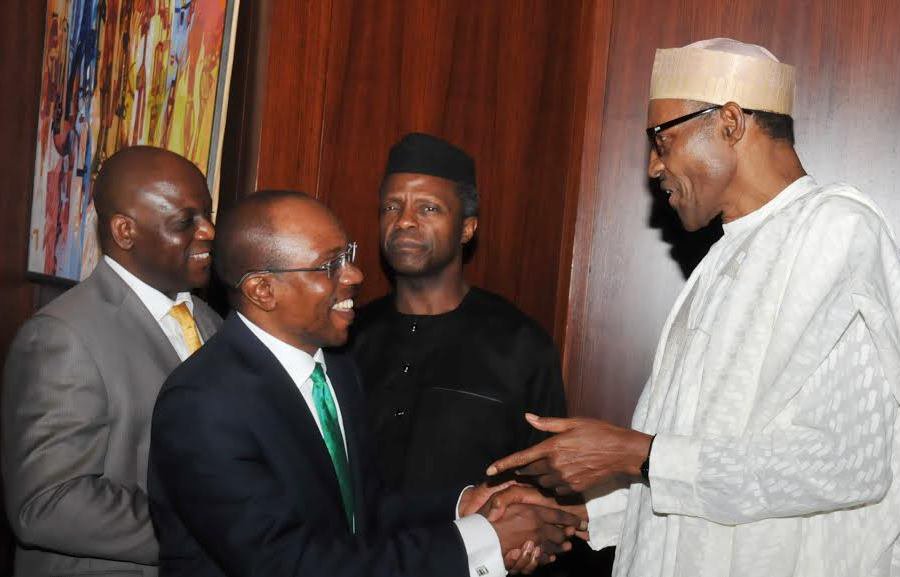The confusion started Tuesday this week when during a conference, the vocal Minister of Finance, Mrs. Kemi Adeosun said the federal government has foregone all pending borrowing plans to stick to internally generated revenue (IGR) and oil sales against the backdrop of Nigeria’s rising debt profile.
However, on Thursday, the same Minister reversed herself and said the country has no choice but to continue to borrow in other to implement the Federal Government’s Economic Recovery and Growth Plan (ERGP).
This scenario quickly put analysts who weighed both divergent positions of the Minister under pressure to describe as a dangerous approach to good governance and another angle of official policy inconsistency which is capable of sending wrong signals to international and indigenous investors.
A clear indication of the doublespeak appeared in a statement signed by the Director of Information, Federal Ministry of Finance, Mr Salisu Dambatta on Thursday in Abuja, where the minister apparently denied the report on comments she made about Nigeria’s unprecedented debt profile and emerging inability to borrow again.
Rather, she warned that “Nigeria will continue to borrow,” noting that “Nothing has changed”.
Adesoun’s key argument in trying to erase her earlier position that government has dropped all borrowing plan is deepening increased spending, funded by debt which will act as a stimulus for growth.
According to her, “The Economic Recovery and Growth Plan provides for an increase in spending over a three-year period, which is reflected in the 2017 budget”.
“In 2017, the government is committed to spending N7.44 trillion, with a projected fiscal deficit of N2.356 trillion, which will be funded by a combination of domestic and international borrowing.
“Nigeria’s debt to GDP ratio is low when compared to our contemporaries in Africa, and across most of the developed world.
“We have headroom to borrow and are doing so aggressively in the short to medium term in order to address our infrastructure deficit and to stimulate growth,” she said.
Continuing, Adeosun averred that in addition to borrowing, the government was working towards having a diversified revenue base to ensure that the country do not continue to overly rely on debt to fund the budget.
She said “To build a sustainable economy we must replace the debt that we are incurring in the short to medium term, with strong revenue sources”.
“That is why the Ministry of Finance is focused on expanding our tax base, which we are doing with a range of initiatives which include the Voluntary Asset and Income Declaration Scheme (VAIDS).
“Also, the recruitment of Community Tax Liaison Officers (CTLOS) is to improve tax compliance in the long-term, and we are heavily focused on making government spending more productive and efficient.
“Nigeria cannot rely on debt indefinitely. We must be focused on a future where we can earn enough internal revenue to spend on the projects that will grow our economy,” she said.









